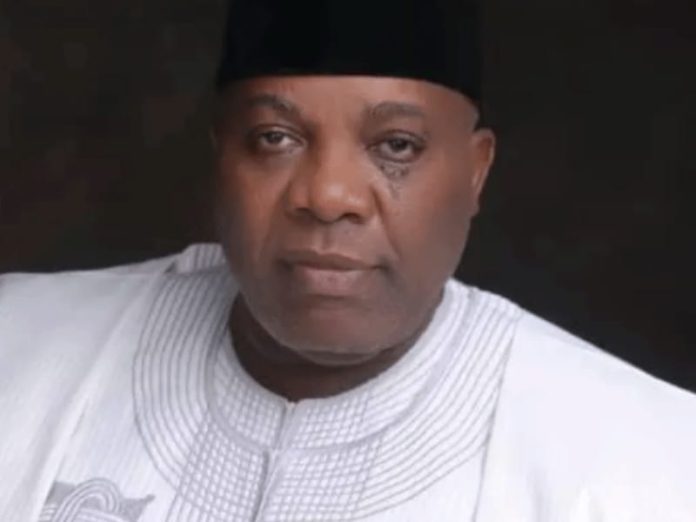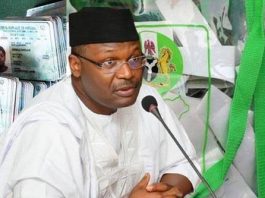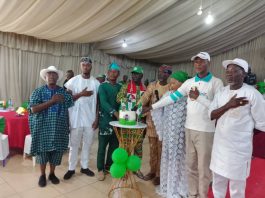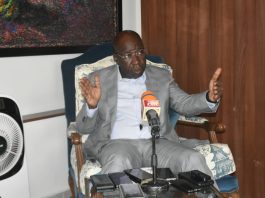ECOWAS: Okupe hails Tinubu’s re-election, sets agenda on Sahel Nations
A former Director-General of the Labour Party (LP) Presidential Campaign Council, Dr Doyin Okupe, has congratulated President Bola Tinubu on his re-election as the Chairman of the Authority of ECOWAS Heads of State and Government.
Tinubu was on Sunday re-elected at the 65th Ordinary Session of the Authority of ECOWAS Heads of State and Government in Abuja.
Okupe, a former Presidential Spokesperson, in his congratulatory statement on Monday said, “I congratulate President Bola Tinubu on his reelection as the leader of ECOWAS.
“It is difficult for me to understand why it is the destiny of President Tinubu to come into position of leadership, both at national and regional levels, at periods of hardship and difficulty.
“But I pray for divine guidance and wisdom to navigate these turbulent waters.”
According to him, in this new tenure Tinubu’s main agenda should be to try to bring back the leadership of the Sahel Nations of Mali, Burkina Faso and Niger back into the Ecowas community.
He said that the first step would be to reconcile with Nigeria’s immediate neighbours, the Republic of Niger.
Okupe advised Tinubu to lean on the support of former President Muhammadu Buhari and other influential Northern leaders with strong ties with that Nation.
He added that former President Goodluck Jonathan had also served as Special envoy to Mali, and been involved with conflict resolution in the area .
“I strongly believe he will readily assist in achieving this reconcilatory Agenda,” he said.
Okupe added that former Ghanian President John Mahama was also a good friend and associate of Jonathan who might equally may be useful in “this venture”.
He added: “The Africa Union as a body can be made to officially spearhead this reconcilatory agenda while a diplomatic outreach to Russia for this purpose especially if handled at the level of the AU , will certainly be helpful.
“I pray for unity and prosperity for the ECOWAS sub-region especially now that a new era of financial inclusion and union may be made possible with the current effort to finally adopt and launch the regional currency, the ECO.”




